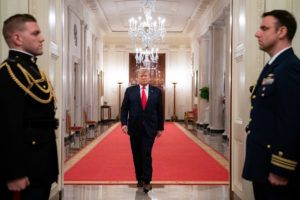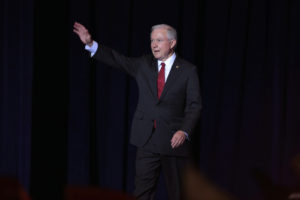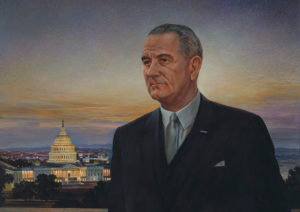Krugman on Why Jobs Come First
New York Times columnist and Nobel Prize-winning economist Paul Krugman drew on 20th century U.S. history to explain to Bill Moyers how a Washington that was willing to spend could end the present American depression.
New York Times columnist and Nobel Prize-winning economist Paul Krugman drew on 20th century U.S. history to explain to Bill Moyers how a Washington that was willing to spend could end the present American depression.
“[T]he core thing, the thing that we know works, the thing that all the evidence of history says works in a situation like this,” Krugman said, “is [when] the private sector won’t spend, government can step in and provide the spending that we need in order to keep this economy afloat.”
But there is a popular counterargument made on the airwaves and the Internet, Moyers observed. That position says that “Roosevelt, in spending in the ’30s, did not really bring us out of the Depression. It was … the war, in which so much money was spent, you couldn’t help but put people to work,” he said.
That’s right, Krugman responded.
“[T]he fact that it was a war that finally got the U.S. government to spend enough is not an argument against spending,” Krugman said. “It’s an argument about politics. It’s saying that then, as now, lots of people were saying, ‘Oh, it would be irresponsible to spend,’ and it wasn’t until something external came along that the political restraints were released.”
If the embedded player below doesn’t work, try the link here.
— Posted by Alexander Reed Kelly.
Moyers & Company:
Your support matters…Independent journalism is under threat and overshadowed by heavily funded mainstream media.
You can help level the playing field. Become a member.
Your tax-deductible contribution keeps us digging beneath the headlines to give you thought-provoking, investigative reporting and analysis that unearths what's really happening- without compromise.
Give today to support our courageous, independent journalists.






You need to be a supporter to comment.
There are currently no responses to this article.
Be the first to respond.